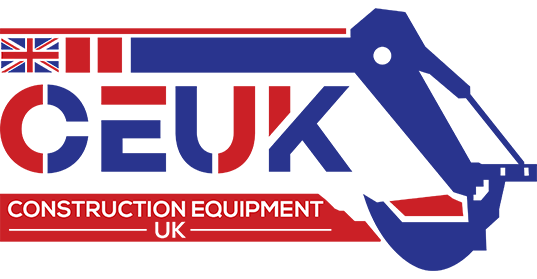Why Regular Heavy Equipment Maintenance & Inspection Matters
Underestimating the importance of equipment maintenance is costing you money. The adage “if it ain’t broke, don’t fix it” is all too often applied to construction equipment maintenance. Why would you pay for service on your equipment if it is in perfect working order? There are various causes, believe it or not. Construction equipment is an investment that takes time and money to keep in good working order. In this article, we’ll discuss the advantages of regular heavy equipment maintenance and inspections.

1. Early Detection of Potential Equipment Issues
By scheduling regular maintenance and inspections of your construction equipment, you stand a greater chance of detecting potential problems before they become a huge problem. These routine checks can include everything from engine diagnostics to replacing belts or hoses, ensuring that all components of your equipment are working at their best.
Making sure to keep up with these checkups on your heavy equipment prevents potential accidents that can cause huge problems. Most people and businesses don’t have a lot of extra money, and being forced to replace your equipment prematurely can cost you precious time and cash that you could have spent on something else.
2. Keep Equipment Running Efficiently
A new piece of equipment is in excellent condition. It operates smoothly. Each piece of equipment’s concept of efficiency may change, but new equipment runs like a well-oiled machine? That is good for business.
When equipment operates effectively, projects are completed on time or ahead of schedule, and your bottom line benefits. Maintaining that ideal, like-new state is critical to preserving that degree of equipment efficiency. Maintenance suffers when efficiency decreases. Your bottom line suffers when efficiency falls.
3. Fewer Workplace Injuries and Related Costs
Building and maintaining a strong safety culture throughout your workforce is critical to minimising the potential for workplace injuries related to the use of your heavy equipment. Scheduling routine inspections for your equipment means inspecting your equipment to ensure that it is safe.
Employees are less likely to get injured around trucks and equipment that are in good working condition. Better equipment means better efficiency, and, ultimately, fewer workplace injuries.
4. Minimise the Need for Replacements
Replacing equipment is costly. Rarely are you going to run into a situation where a brand new machine is a better choice than a refurbished machine. By keeping your equipment up to date and in top condition, you can prevent the need to replace it prematurely.
Replacing equipment prematurely happens when maintenance isn’t done, or isn’t up to par. Regular maintenance of your heavy equipment can help reduce the need to replace equipment, saving you thousands of dollars.
5. Boost Resale Value
Selling equipment is expensive and time-consuming. There are costs associated with selling the equipment, and the time it takes to find a buyer. By maintaining your construction equipment and investing in preventative maintenance, you’re making sure that your equipment will hold its value for longer periods of time and that you’ll be able to sell it for more than you originally paid for it.
Conclusion
If you’re looking to boost your bottom line, it’s time to invest in the maintenance of your construction equipment. The difference between great equipment and pieces of junk is often in the level of care the equipment is given. By performing regular maintenance on your equipment, you’re making certain that your equipment will work at its highest level for longer periods of time.
Shop for cranes and other construction machinery in the UK at Construction Equipment UK. Through us, you can buy used construction equipment from the world’s leading manufacturers. Contact us today for more information.

